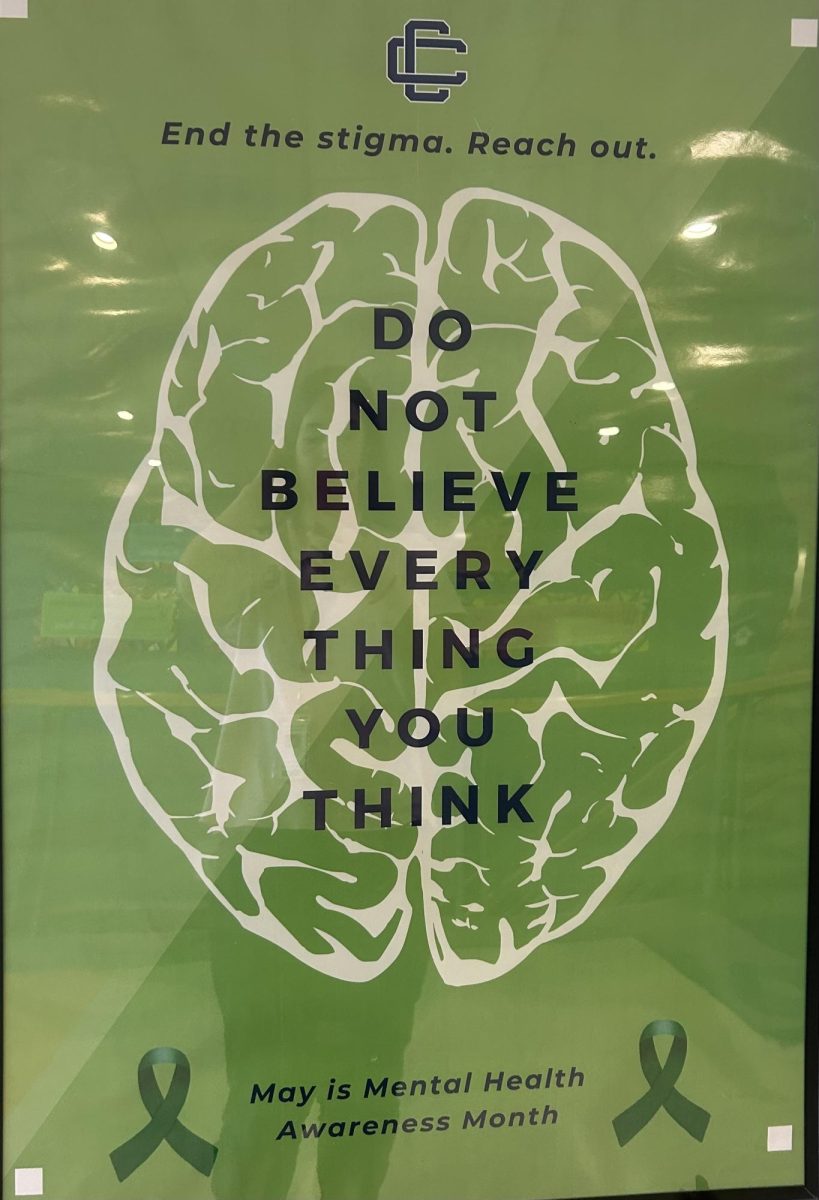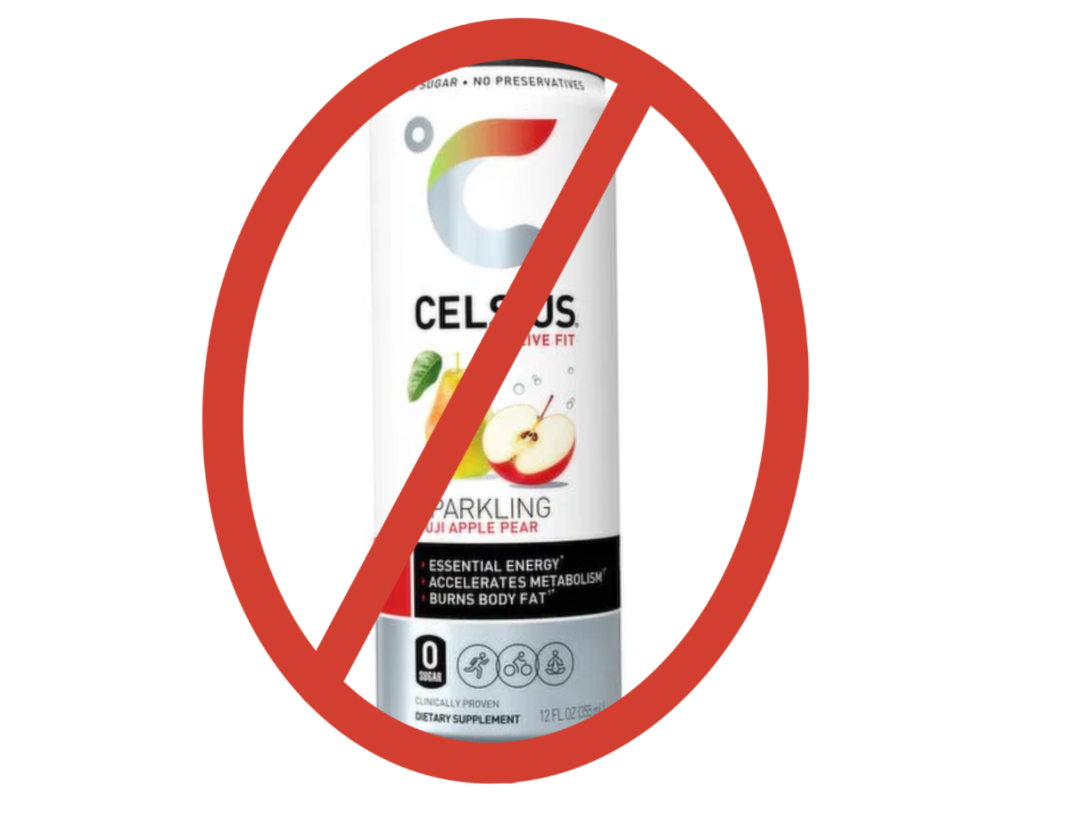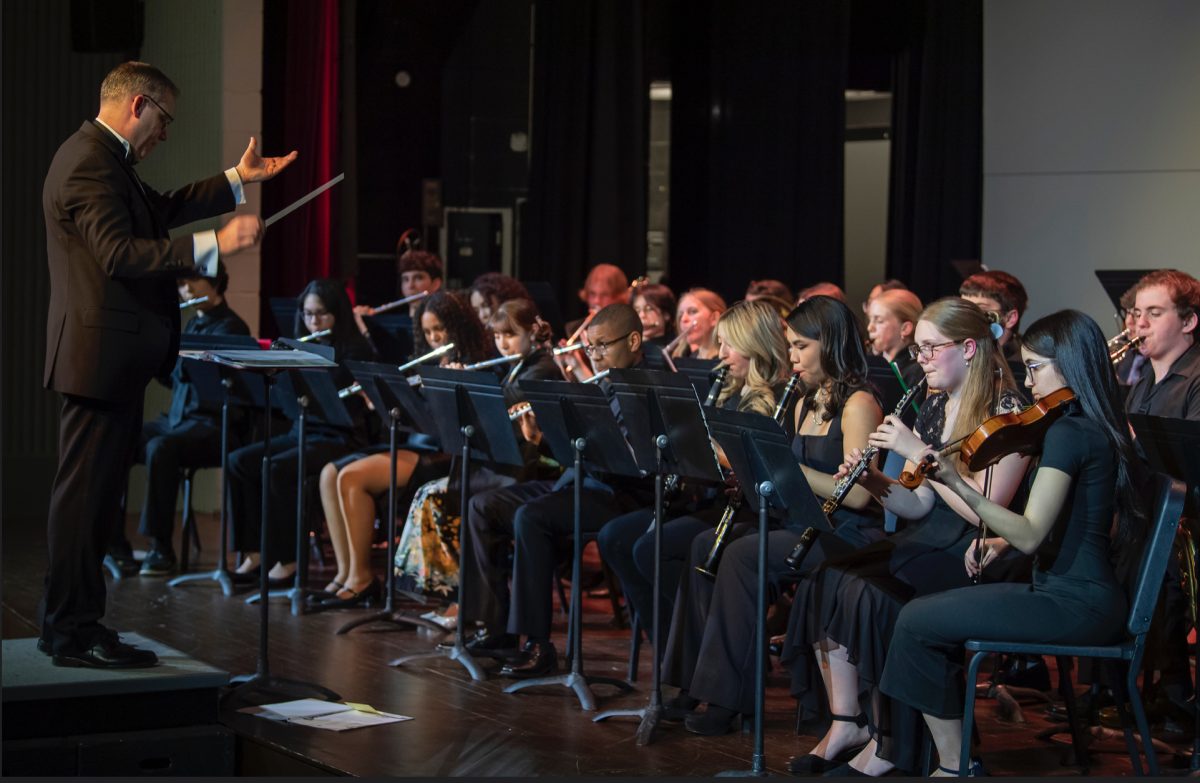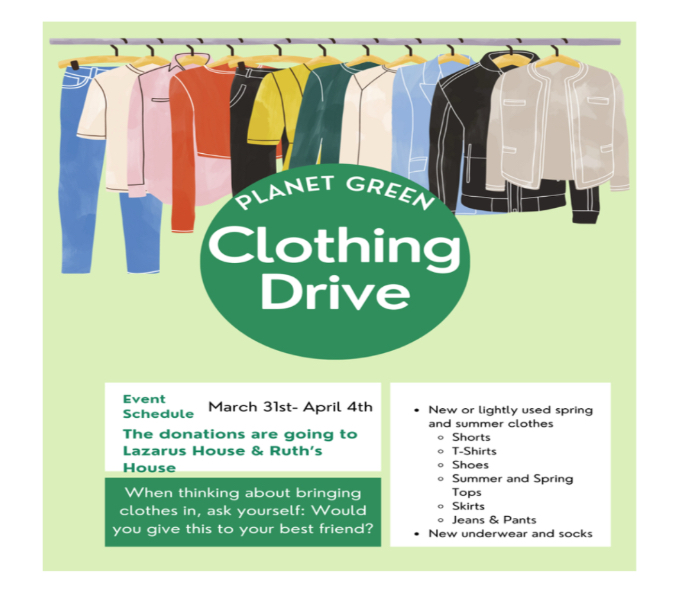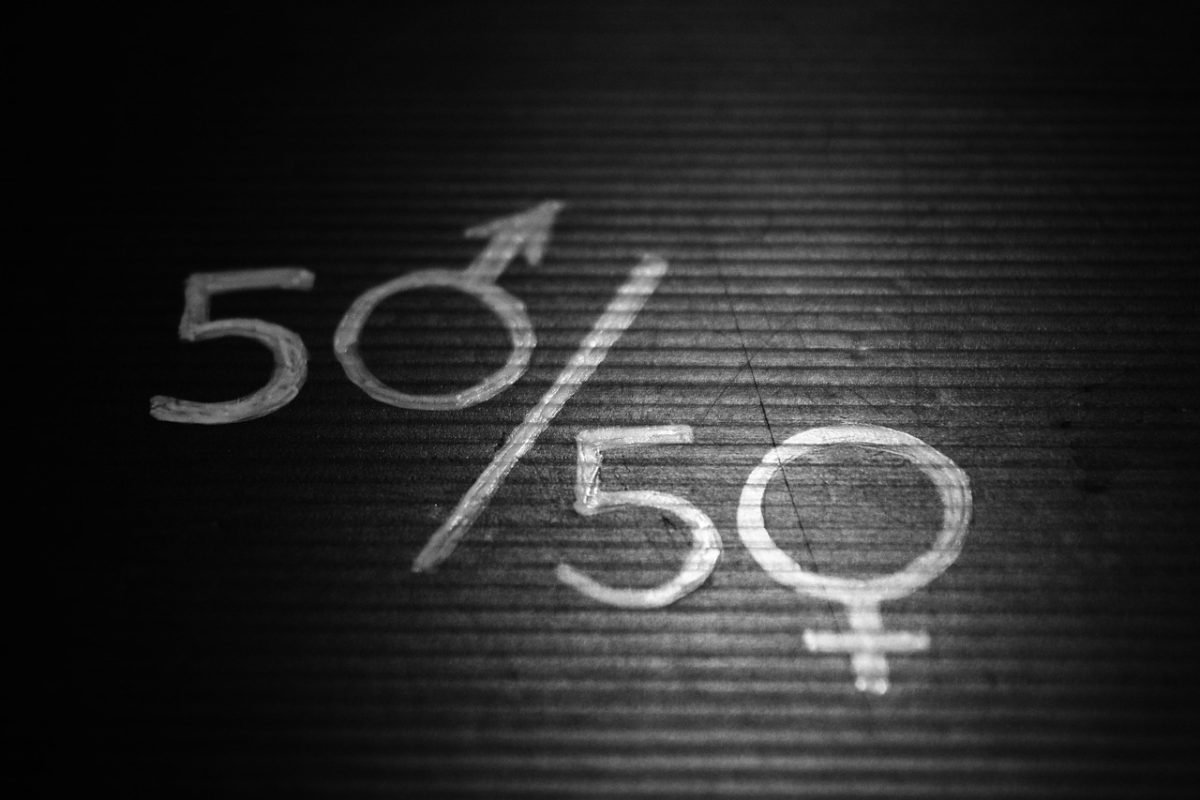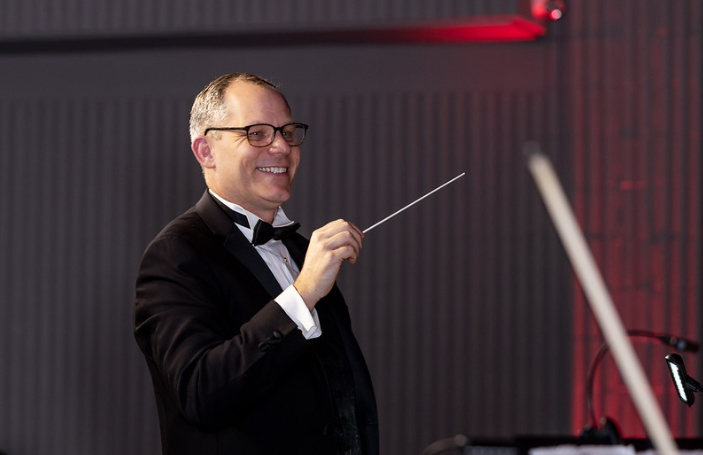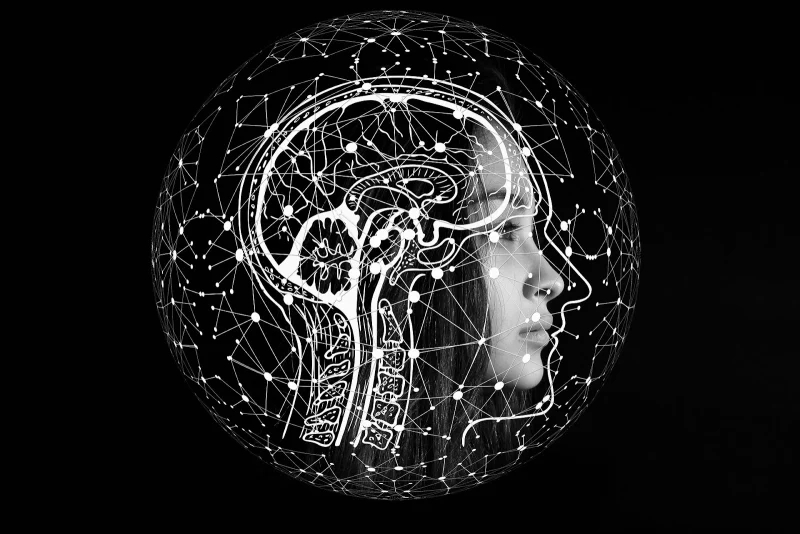By Mary Olsen ’24
Source for above photo: Pixabay
Do you ever wonder why you find yourself listening to “Paper Rings” by Taylor Swift to put you in a good mood? Well, music can actually control the emotions that we are feeling. According to The Kennedy Center, “one of the most mind-blowing discoveries is that the parts of the brain that deal with emotions also fire up in response to music. In other words, music is wired directly into our feelings.”
Mr. Cavanaugh, a physics teacher here at Central, experiences this first hand. He has grown up around music and has played it his whole life. When talking about how music makes him feel he said, “music amplifies my mood. If you’re feeling peaceful it makes you feel more peaceful. If you wanna have fun you listen to some rock n roll.”

So, music connects to our emotions and makes us feel certain ways. This is why we listen to a specific type of music for a specific task. For example, CCHS sophomore Sera Trigilio said, “If I’m trying to study I listen to classical music.” Classical music can help her focus on the task that she was trying to complete.
To add on to this, music also can help one focus. A study conducted by Frontiers in Psychology found in an experiment on focus and music that: “Without music, 8.3% of people passing by walked near the edge of the square, whereas with music, this percentage was zero.” When playing music people were more focused on their path and were not distracted by other things such as their phone.
Music doesn’t only connect to emotions; music can also connect to memories. Do you ever associate a specific song to a memory you have? Music goes through the hippocampus of the brain which is the part that stores memories. Therefore this allows us to remember a song or a song which associates with a memory!
Junior at CCHS, Luke Surette, mentioned, “music connects me to different moments in my life and makes me think about different things.” When hearing a certain song, it brought him to a specific memory. This happens because music passes through the hippocampus. This is why music can sometimes feel nostalgic.
Just like many other things, people can get influenced by the music their peers listen to. When hanging out with friends or peers we automatically pick up some of their habits. This can happen with music too. Peer pressure also applies to music. If a friend tells us about how good a song is, we automatically will want to listen to it.
Dave Olsen, a man in his 50’s from Salem, NH, explained, “I got into country music because of my niece Emily. I never really liked it at all growing up, but then she told me I should give it a chance and now I love it.” Dave also said that Emily would play country when he was around often. After hearing it all summer he started to get an interest in it.
Music overall causes our brain to do many different and great things! Something that feels so natural and relaxing is actually a workout for your brain. Maybe crying to “good 4 you” by Olivia Rodrigo is just a natural response in our brains to music.

